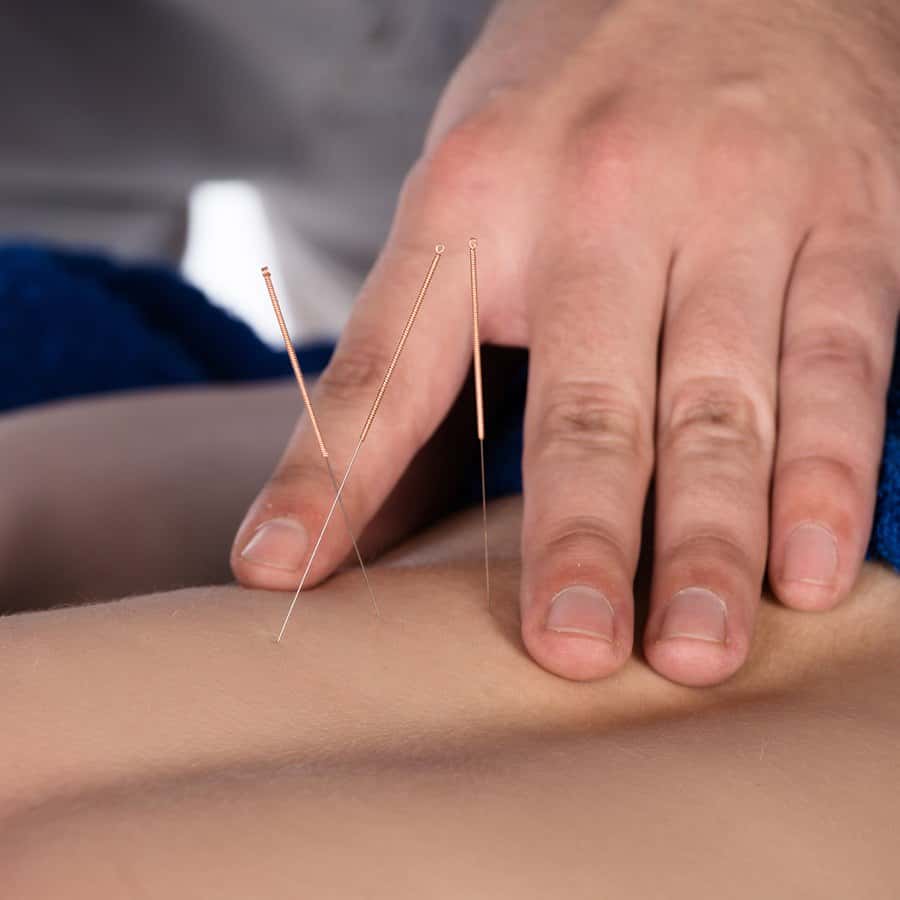
Urinary incontinence is an embarrassing problem. No one wants to leak urine and wet their underwear, whether the problem is stress incontinence or urge incontinence. In stress incontinence, women may leak small amounts of urine when they cough, sneeze, jump or lift something heavy. Urge incontinence, on the other hand, is signaled by a sudden urge to urinate. The sufferer may not be able to get to a restroom in time. Some men who have been treated for prostate cancer with surgery or radiation suffer urinary incontinence as a result.
Unexpected Help for Urinary Incontinence:
A new study in JAMA suggests that electroacupuncture on the lower back can help women who experience stress urinary incontinence. The researchers randomly assigned 504 women to receive true electroacupuncture or sham electroacupuncture. For the sham treatment, the scientists utilized sham acupuncture points and did not pierce the skin with the equipment.
They measured urinary leakage by weighing a pad left in place for one hour. The investigators also asked the women to report how many episodes they experienced in 72 hours (three days).
Lumbosacral Electroacupuncture for Urinary Incontinence:
After six weeks of treatment, women getting the electroacupuncture leaked significantly less urine than those in the control group. They also reported fewer episodes of incontinence. The investigators suggest further research to determine long-term outcomes and to clarify the mechanism. At this point, no one knows exactly how acupuncture helps this condition.
Acupuncture Did Not Help Women with Polycystic Ovary Syndrome:
Acupuncture does not work for every problem. In the same issue of JAMA, a different research team reports on its study of acupuncture as an infertility treatment for women with polycystic ovary syndrome (Wu et al, JAMA, June 27, 2017). PCOS is an endocrinological disorder associated with infertility and metabolic disruption.
The investigators recruited 1000 women with PCOS and randomly assigned them to receive either the fertility drug clomiphene or placebo and either active acupuncture or sham acupuncture as a control. Those who received clomiphene were significantly more likely to have a baby than those receiving placebo. Acupuncture had no effect.
An editorial accompanying these articles characterizes both studies as carefully done. It also offers some hypotheses about possible physiological and neurobiological explanations for the effects of acupuncture.
The editorial author, Josephine P. Briggs, MD, concludes:
“These studies shed new light on when and when not to consider using acupuncture, although why and how this procedure may work require further study. Clearly these ancient practices are helping reveal the complexity of the links between the mind and the body.”

